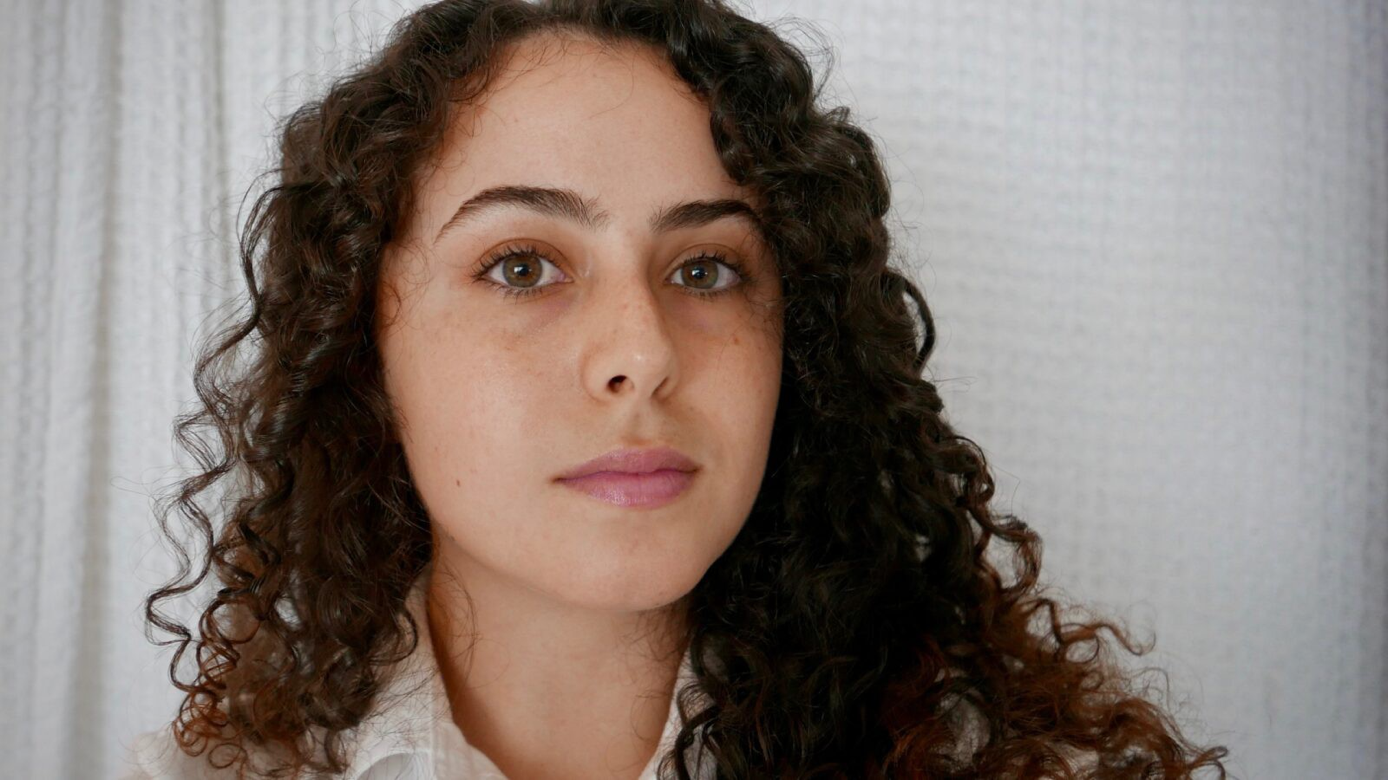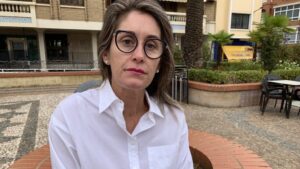The first recipient of the Sharon Begley-STAT Science Reporting Fellowship is Isabella Cueto, a Cuban American journalist who has worked as a newspaper and radio reporter in Florida, South Carolina, and California, STAT and the Knight Science Journalism program at MIT announced Thursday.
The nine-month fellowship was established earlier this year with the goal of diversifying the ranks of science and health journalists and fostering better coverage that is relevant to all people. It is intended for early-career U.S. journalists from racial and ethnic groups underrepresented in the profession and will prepare them for a successful career in science journalism.
Named in honor of Begley, an award-winning science writer for STAT who died in January from complications of lung cancer, the fellowship combines a paid reporting position at STAT with an educational component provided through the prestigious Knight Science Journalism program.
Cueto, 25, graduated from the University of Miami, where she was editor-in-chief of the student newspaper. She then worked at The State newspaper in Columbia, S.C., where she exposed contractors’ gifts to local school officials, documented a mayor’s plagiarized speech, and investigated a toddler’s death from a head injury at day care. That latter project, as well as being thrown into coverage of the Covid-19 pandemic in South Carolina and at the Lookout Local, a digital news startup in Santa Cruz, Calif., sparked her interest in learning more about health and science journalism through the fellowship.
“I can visualize where I want to be — doing hard-hitting work that demonstrably improves the lives of those I cover,” Cueto wrote in her fellowship application. “The Begley-STAT fellowship would be the stepping stone I need to reach that next level and I can’t wait to get started on the work ahead.”
After the murder of George Floyd by police, she and a colleague led an initiative to change the way The State newsroom covered crime. They reached out to criminal justice advocates, attorneys, and vocal critics and made recommendations to top editors, most of which were adopted.
“I believe in the fellowship’s mission” to diversify journalism, she wrote in her application, “and I have tried to live it.”
The Chan Zuckerberg Initiative provided $225,000 to support the first two years of the fellowship. Two additional fellows will be selected for the 2022-23 year.



